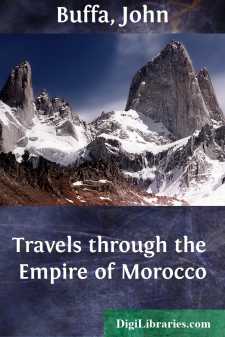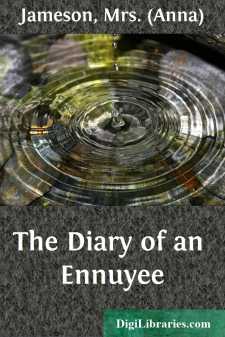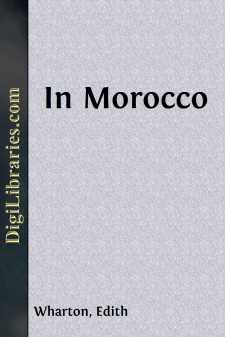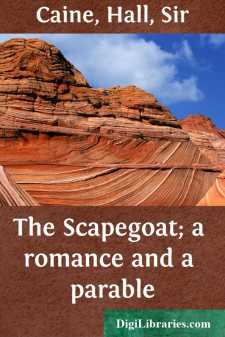Categories
- Antiques & Collectibles 13
- Architecture 36
- Art 48
- Bibles 22
- Biography & Autobiography 813
- Body, Mind & Spirit 142
- Business & Economics 28
- Children's Books 17
- Children's Fiction 14
- Computers 4
- Cooking 94
- Crafts & Hobbies 4
- Drama 346
- Education 46
- Family & Relationships 57
- Fiction 11829
- Games 19
- Gardening 17
- Health & Fitness 34
- History 1377
- House & Home 1
- Humor 147
- Juvenile Fiction 1873
- Juvenile Nonfiction 202
- Language Arts & Disciplines 88
- Law 16
- Literary Collections 686
- Literary Criticism 179
- Mathematics 13
- Medical 41
- Music 40
- Nature 179
- Non-Classifiable 1768
- Performing Arts 7
- Periodicals 1453
- Philosophy 64
- Photography 2
- Poetry 896
- Political Science 203
- Psychology 42
- Reference 154
- Religion 513
- Science 126
- Self-Help 84
- Social Science 81
- Sports & Recreation 34
- Study Aids 3
- Technology & Engineering 59
- Transportation 23
- Travel 463
- True Crime 29
Travels through the Empire of Morocco
by: John Buffa
Description:
Excerpt
LETTER I.
Inducement for the Journey—Arrive at Tangiers—Its History—
Situation—Inhabitants—Military—Governor—Fortifications—
Subterraneous Passage—Socco, or Market—Adjacent Villas—Invited to
Larache.
Tangiers, January 12th, 1806.
I have long felt very desirous to visit a country, which, notwithstanding the many revolutions it has undergone, and the enlightened characters of its conquerors, is regarded as still immersed in a degree of barbarism almost unparalleled. It appeared to me next to impossible that a nation so contiguous to Europe, with which it has for centuries maintained a constant intercourse, could have remained in a state of such profound ignorance.
Impressed with these ideas, I readily embraced the offer of a friend to accompany him from Gibraltar to this place, intending to travel further up the country, should I meet with sufficient inducement from the result of my observations here. We landed on the first of this month, and the intermediate time I have employed in obtaining information relative to the town of Tangiers from the earliest tradition to the present time. As the particulars I have collected do not appear devoid of Interest, I flatter myself, you will be gratified that I should have made them the subject of a letter.
This town, which by the ancients was called Tingis, or Tingir, and appears to have been the metropolis of the Western Mauritania, or Tingitania, as it was named, to distinguish it from Mauritania Cæsariensis; according to Pliny and others, was first founded ed fay Antæus (about a thousand years before Christ), the same who was afterwards conquered and slain by Hercules. The giant is supposed to have been buried here: and the report of Plutarch, that his tomb was opened by Sertorius, and a corpse sixty cubits or more in length, taken out of it, confirms the idea. But according to others, Tingis, or the present Tangiers, lays claim to a more ancient founder than Antæus. Procopius mentions, that in his time were standing two pillars of white stone, upon which were inscribed in the Phoenician characters the following words: "We are the Canaanites who fed from Joshua, the son of Nun."
A colony of Carthaginians settled here, and it is most probable that a flourishing trade was carried on by them, as the situation of Tangiers is extremely well adapted for that purpose. Indeed the name Tingis, in the language of the Phoenicians and Carthaginians, signifies an emporium. When the Mauritaniæ became subject to the Romans, in the reign of Julius Cæsar, Bocchus, the son-in-law of Jugurtha, having defeated Bogud, the king of Mauritania Tingitania, he became possessed of that country, and Augustus, or, as some say, Octavius, confirmed this acquisition to him; and the inhabitants of Tingis were allowed the privileges of Roman citizens.
I cannot discover any thing further remarkable of Tangiers from the time it became a Roman colony, and during the period it was possessed by the Saracens, till the latter end of the fourteenth century, when it was taken by the Portuguese, who erected fortifications and other public works....












